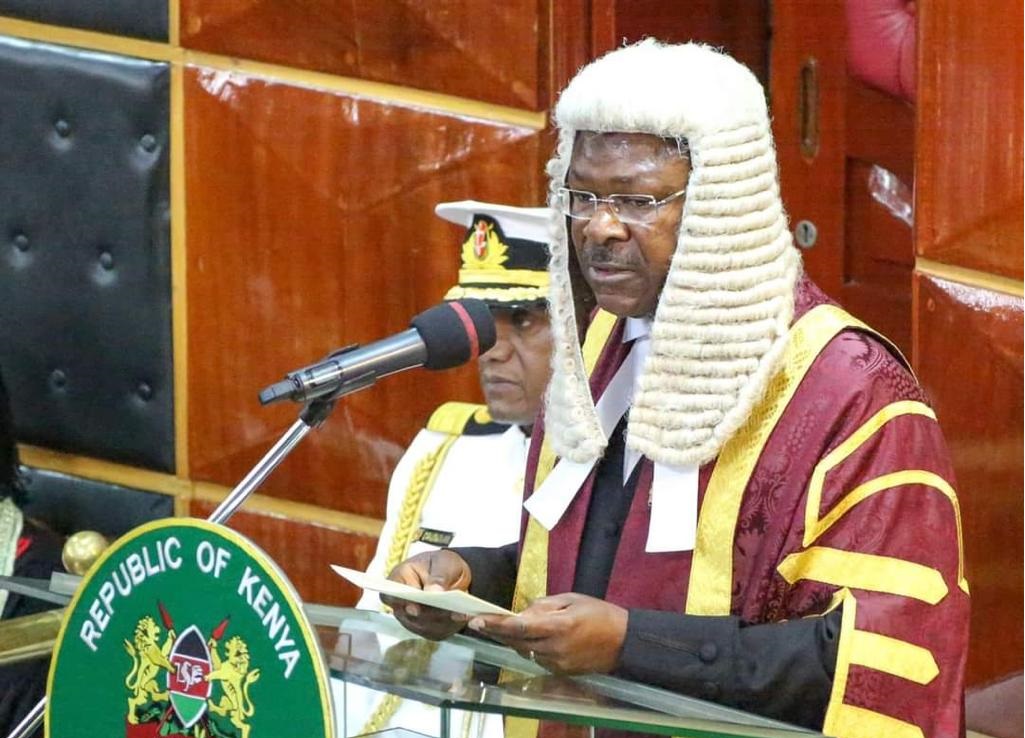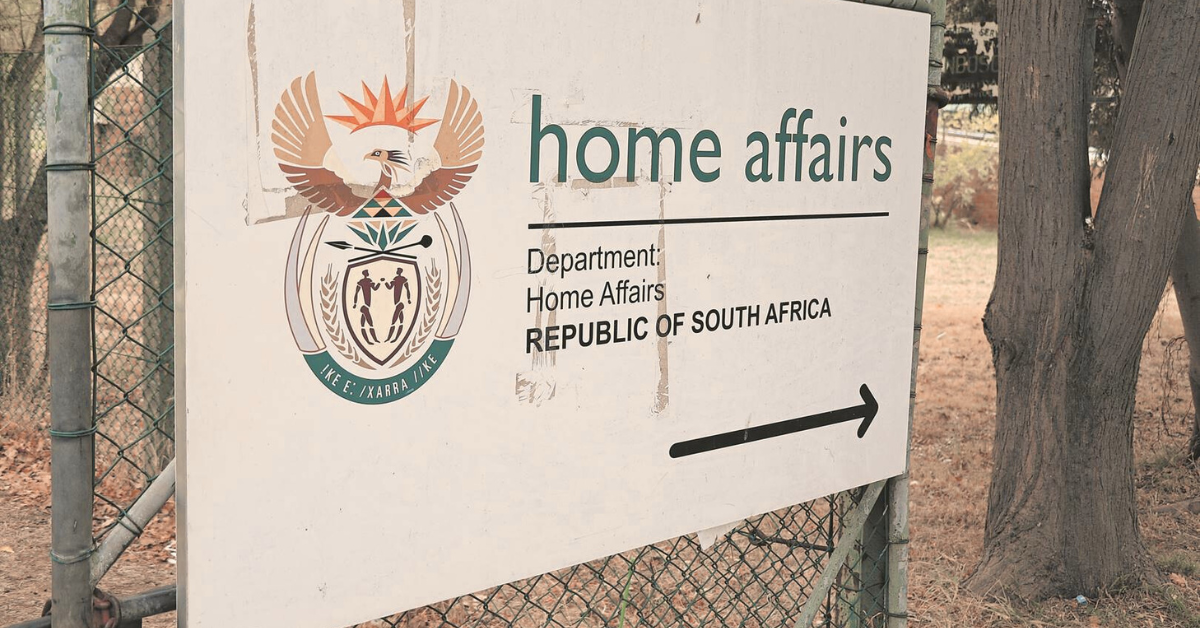Kenya’s parliament has voted for the controversial Finance Bill 2024 to enter the committee stage despite spirited demonstrations by OccupyParliament protesters, civil society groups, and opposition lawmakers.
204 MPs voted yes to the bill while 115 voted no.
The bill will now move to the committee stage and a third reading. If it passes the third reading, it will be sent to President William Ruto for assent.
Majority of MPs from the ruling Kenya Kwanza coalition and a few from the opposition Azimio coalition voted for the bill, approving the tax hikes that the national treasury argues the country badly needs. The government claims those taxes will help raise an extra KES 346 billion to pay the country’s debt and fund development projects.
“Honorable members, the matter of the financial bill is now over. The House will reconvene on Tuesday morning to proceed with further business,” said the speaker of the National Assembly, Moses Wetangula.
Protesters who blocked major roads in Nairobi maintained that the new finance bill will push more Kenyans into poverty, especially coming at a time when many are struggling with high cost of living.
“I think Ruto is gambling with our future. This bill is meant to collect money for a few people in government to loot, when out here we can barely make ends meet. We want our MPs to go back to the drawing board and come up with a solution,” said Edna Matiri, a 21-year-old tourism and hospitality student in Nairobi.
On Monday, the national assembly’s finance committee scrapped some taxes, including VAT on bread, excise duty on mobile money and banking fees, motor vehicle tax, and levies on edible oil, but Kenyans demanded that parliament reject the whole bill.
Protests against the new taxes spilled to other major towns and cities, including Ruto’s hometown of Eldoret, as Kenyans stepped up pressure on lawmakers to reject the bill.




















